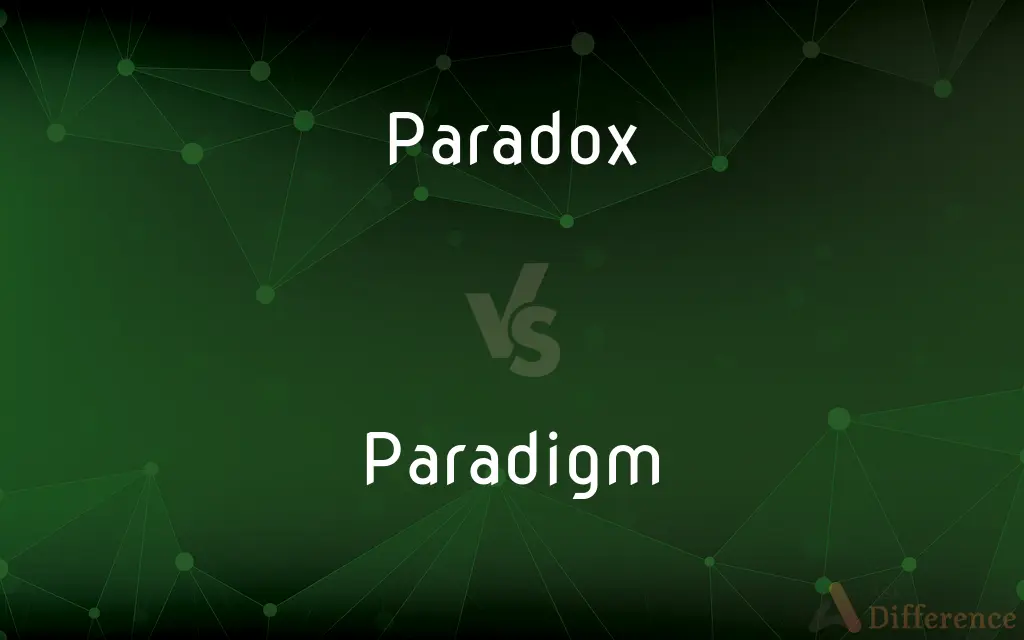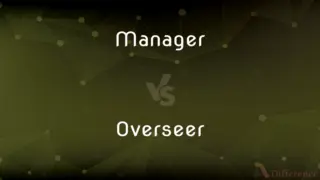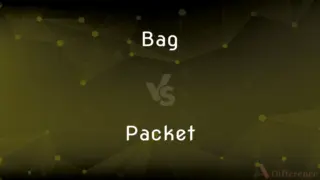Paradox vs. Paradigm — What's the Difference?

Difference Between Paradox and Paradigm
ADVERTISEMENT
Compare with Definitions
Paradox
A paradox is a logically self-contradictory statement or a statement that runs contrary to one's expectation. It is a statement that, despite apparently valid reasoning from true premises, leads to a seemingly self-contradictory or a logically unacceptable conclusion.
Paradigm
In science and philosophy, a paradigm () is a distinct set of concepts or thought patterns, including theories, research methods, postulates, and standards for what constitutes legitimate contributions to a field.
Paradox
A seemingly absurd or contradictory statement or proposition which when investigated may prove to be well founded or true
The uncertainty principle leads to all sorts of paradoxes, like the particles being in two places at once
Paradigm
A typical example or pattern of something; a pattern or model
Society's paradigm of the ‘ideal woman’
Paradox
A statement that seems to contradict itself but may nonetheless be true
The paradox that standing is more tiring than walking.
ADVERTISEMENT
Paradigm
A set of linguistic items that form mutually exclusive choices in particular syntactic roles
English determiners form a paradigm: we can say ‘a book’ or ‘his book’ but not ‘a his book’
Paradox
A person, thing, or situation that exhibits inexplicable or contradictory aspects
"The silence of midnight, to speak truly, though apparently a paradox, rung in my ears" (Mary Shelley).
Paradigm
(in the traditional grammar of Latin, Greek, and other inflected languages) a table of all the inflected forms of a particular verb, noun, or adjective, serving as a model for other words of the same conjugation or declension.
Paradox
A statement that is self-contradictory or logically untenable, though based on a valid deduction from acceptable premises.
Paradigm
One that serves as a pattern or model.
Paradox
An apparently self-contradictory statement, which can only be true if it is false, and vice versa.
"This sentence is false" is a paradox.
Paradigm
A set or list of all the inflectional forms of a word or of one of its grammatical categories
The paradigm of an irregular verb.
Paradox
A counterintuitive conclusion or outcome.
It is an interesting paradox that drinking a lot of water can often make you feel thirsty.
Paradigm
A set of assumptions, concepts, values, and practices that constitutes a way of viewing reality for the community that shares them, especially in an intellectual discipline.
Paradox
A claim that two apparently contradictory ideas are true.
Not having a fashion is a fashion; that's a paradox.
Paradigm
A pattern, a way of doing something, especially a pattern of thought, a system of beliefs, a conceptual framework.
Thomas Kuhn's landmark “The Structure of Scientific Revolutions” got people talking about paradigm shifts, to the point the word itself now suggests an incomplete or biased perspective.
Paradox
A thing involving contradictory yet interrelated elements that exist simultaneously and persist over time.
Paradigm
An example serving as the model for such a pattern.
Paradox
A person or thing having contradictory properties.
He is a paradox; you would not expect him in that political party.
Paradigm
(linguistics) A set of all forms which contain a common element, especially the set of all inflectional forms of a word or a particular grammatical category.
The paradigm of "to sing" is "sing, sang, sung". The verb "to ring" follows the same paradigm.
Paradox
An unanswerable question or difficult puzzle, particularly one which leads to a deeper truth.
Paradigm
An example; a model; a pattern.
Paradox
(obsolete) A statement which is difficult to believe, or which goes against general belief.
Paradigm
An example of a conjugation or declension, showing a word in all its different forms of inflection.
Paradox
(uncountable) The use of counterintuitive or contradictory statements (paradoxes) in speech or writing.
Paradigm
An illustration, as by a parable or fable.
Paradox
A state in which one is logically compelled to contradict oneself.
Paradigm
A theory providing a unifying explanation for a set of phenomena in some field, which serves to suggest methods to test the theory and develop a fuller understanding of the topic, and which is considered useful until it is be replaced by a newer theory providing more accurate explanations or explanations for a wider range of phenomena.
Paradox
The practice of giving instructions that are opposed to the therapist's actual intent, with the intention that the client will disobey or be unable to obey.
Paradigm
Systematic arrangement of all the inflected forms of a word
Paradox
A tenet or proposition contrary to received opinion; an assertion or sentiment seemingly contradictory, or opposed to common sense; that which in appearance or terms is absurd, but yet may be true in fact.
A gloss there is to color that paradox, and make it appear in show not to be altogether unreasonable.
This was sometime a paradox, but now the time gives it proof.
Paradigm
A standard or typical example;
He is the prototype of good breeding
He provided America with an image of the good father
Paradox
(logic) a self-contradiction;
`I always lie' is a paradox because if it is true it must be false
Paradigm
The class of all items that can be substituted into the same position (or slot) in a grammatical sentence (are in paradigmatic relation with one another)
Paradigm
The generally accepted perspective of a particular discipline at a given time;
He framed the problem within the psychoanalytic paradigm
Share Your Discovery

Previous Comparison
Manager vs. Overseer
Next Comparison
Bag vs. Packet














































